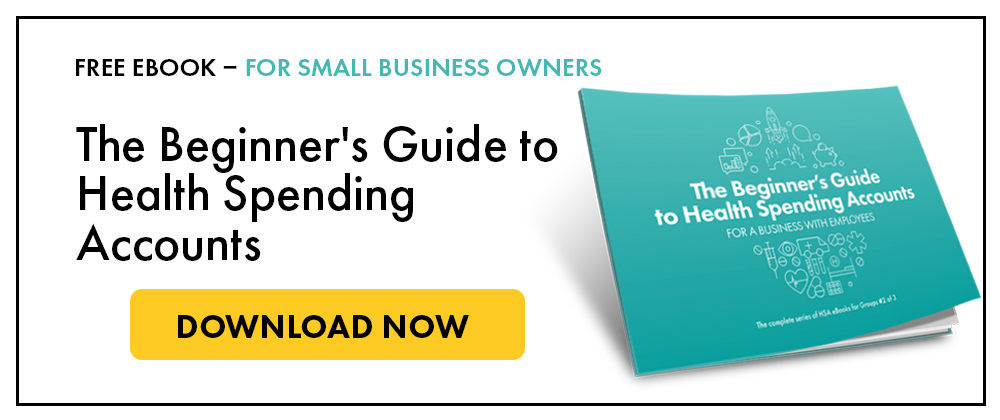Most group health benefits plans have precautions to prevent fraud, but are not immune. Things like a digital platform and understanding your group plan policy can help prevent unnecessary unrest.
Here are some reminders on keeping your plan secure:
Prevent Fraud in your Group Health Benefits Plan:
1. Do not share your plan's user information with strangers (this includes doctors or any other professionals performing a medical service for you)
2. Thoroughly read the explanation of benefits and know what is eligible within your plan
3. Use a provider with a digital platform. Digital records help maintain privacy and security. There is a possibility for physical copies to get lost in the mail and other challenges.
4. Be aware of those who may try to pass on an ineligible expense as an eligible expense. For example, only licensed massage therapists may qualify for a given plan.
5. Choose a benefits provider with integrity and a regimented claims auditing process
6. Never exchange your policy or user information for financial gain
7. Be aware of those who may try to claim the expenses of others under their own name in order to qualify for a plan
8. Be wary of providers who use loopholes to get around policies such as increasing spending limits without formal paperwork
9. Compare credentials, reviews, and even inquire with the CRA to find the best company for your needs
10. Be aware of service providers who ask if you have health insurance. You or the plan sponsor could end up paying more.
FAQ - Group Health Benefits
If you are looking for a new plan or doing research on group benefits, this FAQ may be helpful to you.
What are some common group health benefits options?
Most small businesses choose from 3 options to pay for their medical expenses:
1. Traditional health insurance
You pay a monthly or quarterly premium in exchange for coverage. Quite often this option results in a feeling of “not enough coverage for what I’m paying for”. There are many exclusions, especially with dental and vision. Insurance can be complex, costly, and restrictive.
2. No insurance / out-of-pocket
Many small business owners opt out of providing a group health benefits plan because it’s too expensive. This means they have no plan and the employees pay for their medical expenses “out of pocket”. Don’t feel bad if you are in this situation – it’s usually more cost effective than having insurance.
3. Health Spending Account
This is a tax-free allowance for the small business owner and employees to spend on their medical expenses. The spending allowance is capped for each employee based on their classifications (job position, years at company, or any other selected factor). Any CRA-approved medical expense is eligible for reimbursement, tax-free. This plan is the ultimate benefits tool for cost control on the employer's end and freedom of selection on the employee's end.
How does an HSA differ from traditional insurance?
One of the greatest advantages of using a Health Spending Account is cost control.
A HSA is a self-funded plan which lets the company directly control its employee benefits.
In a typical health insurance plan, the employer pays premiums and the insurance provider reimburses the company's employees with limited coverage. The company never recovers the premium once it is paid. Additionally, they never knows if employees are fully covered or even claiming on a given month.
A Health Spending Account provides wide coverage and 100% cost control. Any health-related cost is typically eligible. Employers never pay more than what was allocated to employee's during each plan year.
99% of small businesses are better off paying for these health and dental events with tax free dollars through a Health Spending Account as opposed to "insuring" them through a recurring premium.
In the case that you decide not to switch or keep an existing spousal insurance plan, you should know that health insurance premiums qualify as an eligible expense within an HSA. Basically, you can pay for your health insurance premiums with before-tax dollars.
Make the switch today.
Download this guide to learn more about tax-free benefits through a Health Spending Account:

Related Reading
5 Reasons to choose Olympia Benefits as your group benefits provider
The Best Health and Dental Insurance for Self Employed in Canada
5 Reason a Health Spending Account is better than traditional health insurance